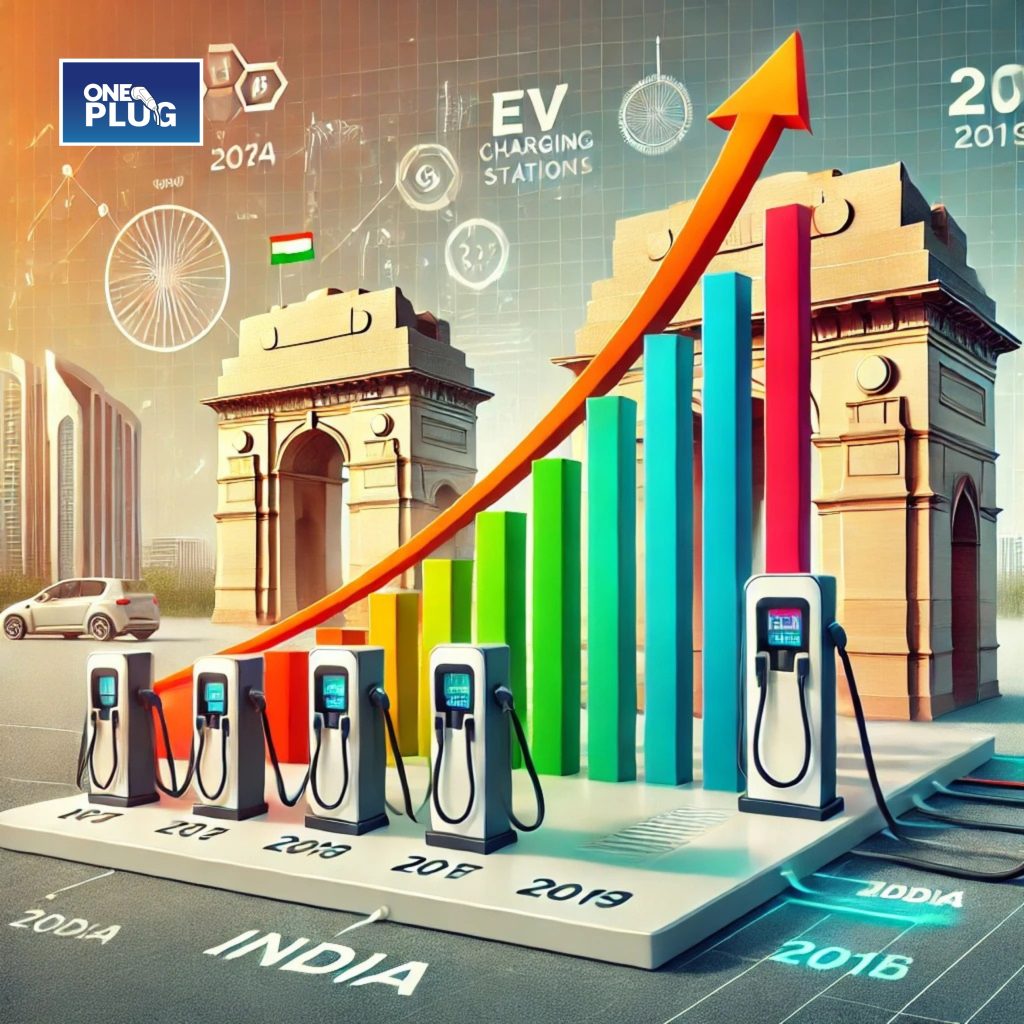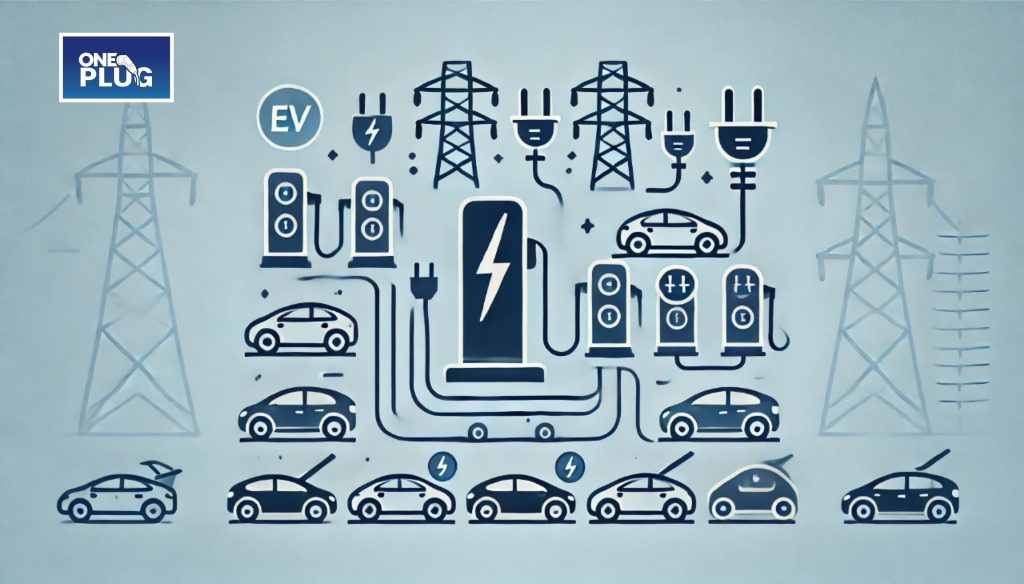The Growing Importance of EV Charging Stations
As India transitions to electric mobility, the growing demand for electric vehicles (EVs) has highlighted the critical role of EV charging stations in ensuring the success and widespread adoption of this clean transportation solution. The Indian government, alongside various industries, is making significant efforts to build the necessary infrastructure to support the EV arevolution. However, the availability and accessibility of charging stations remain a major factor that could either accelerate or hinder the growth of electric vehicles in the country. This article delves into the growing importance of EV charging stations in India, the current state of infrastructure, challenges, and the potential benefits these stations bring to consumers, businesses, and the environment.

The Role of EV Charging Stations in Accelerating EV Adoption
One of the primary challenges hindering the widespread adoption of electric vehicles is the availability of charging infrastructure. While petrol and diesel-powered vehicles have the convenience of refueling at nearly petrol bunks, EV owners must have access to specialized charging stations. Without an extensive network of charging facilities, EV adoption could stagnate.
The establishment of EV charging stations is therefore pivotal in making electric vehicles a practical choice for consumers. Public charging stations not only cater to individuals who don’t have access to home chargers but also provide peace of mind for long-distance travel. The more accessible and widespread the charging network becomes, the more confident potential buyers will be in making the switch to electric.
Types of EV Charging Stations
EV charging stations come in different levels, each designed to offer different charging speeds and capacities. The most common types of charging stations include.
The Challenges of EV Charging Stations
Electric vehicles (EVs) are the future of mobility in India, and as the country aims to reduce its carbon footprint and tackle air pollution, EV adoption is seen as one of the key solutions. However, while the potential is enormous, the EV ecosystem in India still faces significant challenges. One of the major obstacles is the development and expansion of EV charging infrastructure. In this blog, we will explore the key challenges that India faces in deploying EV charging stations and discuss possible solutions to overcome them.

Despite the growing demand for EV charging stations, there are several challenges associated with their expansion:
- Infrastructure and Installation Costs
Installing an EV charging station, especially a DC fast charger, involves significant costs. The infrastructure requirements for fast chargers are more demanding, including high-voltage connections and specialized equipment. For businesses and property owners, these costs can be a significant barrier to entry. - Grid Capacity and Integration
EV charging stations place a considerable load on the local electrical grid. In some areas, the grid infrastructure may need to be upgraded to support the high energy demands of multiple charging stations, especially if the region experiences a surge in EV adoption. Moreover, integrating charging stations with renewable energy sources (such as solar or wind) can present logistical challenges but is essential for the sustainability of the system. - Charging Standardization and Compatibility
The lack of standardization across charging protocols and connectors has led to compatibility issues between different EV models and charging stations. The industry is gradually addressing this issue, but there remains a need for universal solutions to ensure that any EV can use any public charging station. - Urban vs. Rural Coverage
While charging stations are relatively abundant in urban areas, rural locations still face challenges in terms of accessibility. Expanding coverage in less populated regions is crucial to making EVs a viable option for all drivers, not just those in metropolitan areas.
The Future of EV Charging Stations
The future of EV charging stations is bright and evolving rapidly. As the demand for electric vehicles increases, so too will the need for more charging infrastructure. Several trends are shaping the future of EV charging:
- Expansion of Charging Networks
Governments, private companies, and automakers are investing heavily in expanding EV charging networks. In many countries, including the United States and European nations, governments are implementing policies to incentivize the installation of charging stations along highways, in residential areas, and at workplaces. - Integration with Renewable Energy
As more renewable energy sources like solar and wind become mainstream, integrating these energy sources into EV charging stations will reduce the carbon footprint of electric vehicles even further. This trend will promote the use of green energy and contribute to the overall sustainability of the transportation sector. - Smart Charging Solutions
With the development of smart grid technology, EV charging stations are becoming smarter. These stations can now communicate with vehicles and adjust charging rates based on electricity demand and grid capacity. Some systems can even be programmed to charge vehicles during off-peak hours to minimize strain on the electrical grid. - Wireless and Ultra-Fast Charging
Conclusion
EV charging stations are the backbone of the electric vehicle revolution. They enable the adoption of sustainable transportation by providing accessible and efficient charging solutions for electric car owners. While there are challenges to overcome—such as high installation costs, grid infrastructure limitations, and standardization issues—the future of EV charging stations looks promising. As more investment pours into the development of smart, fast, and renewable energy-powered charging stations, electric vehicles will become a more convenient, reliable, and integral part of our transportation system.
